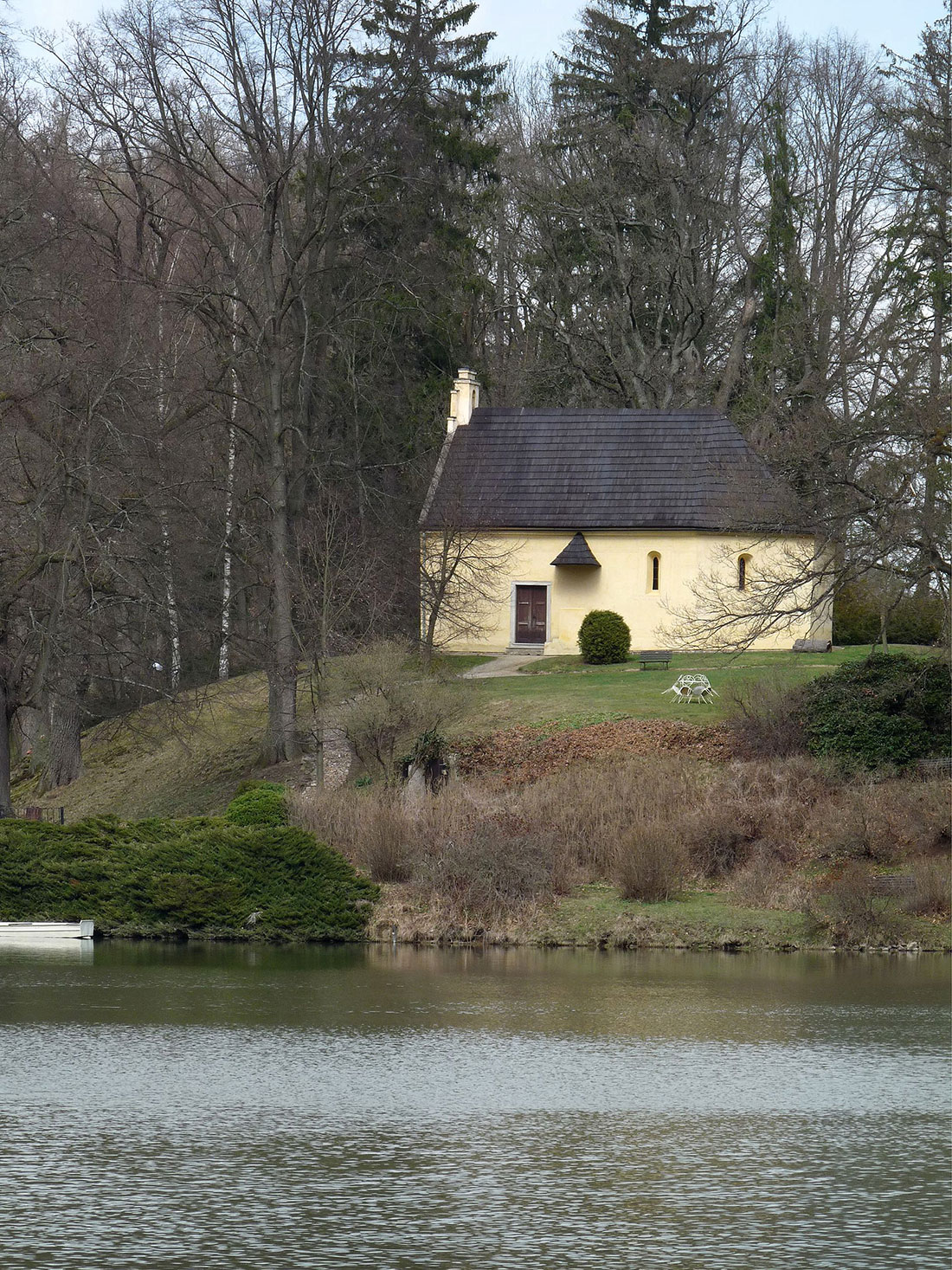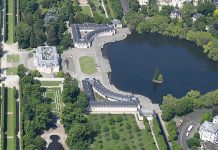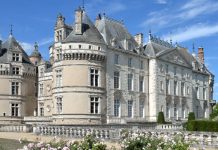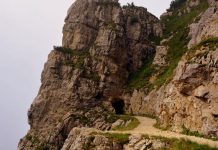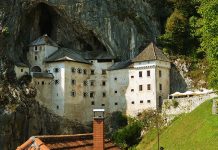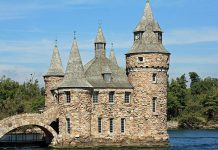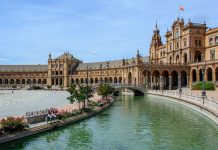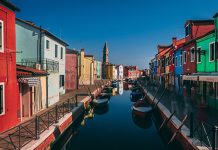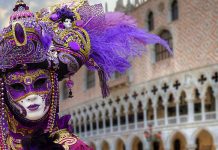Červená Lhota Castle is a Renaissance complex in the village of the same name in the south of the Czech Republic, near the town of Jindřichův Hradec. Its spectacular color picturesquely contrasts with the color of the surrounding lake and nearby trees. This unforgettable landscape attracts thousands of visitors every year.
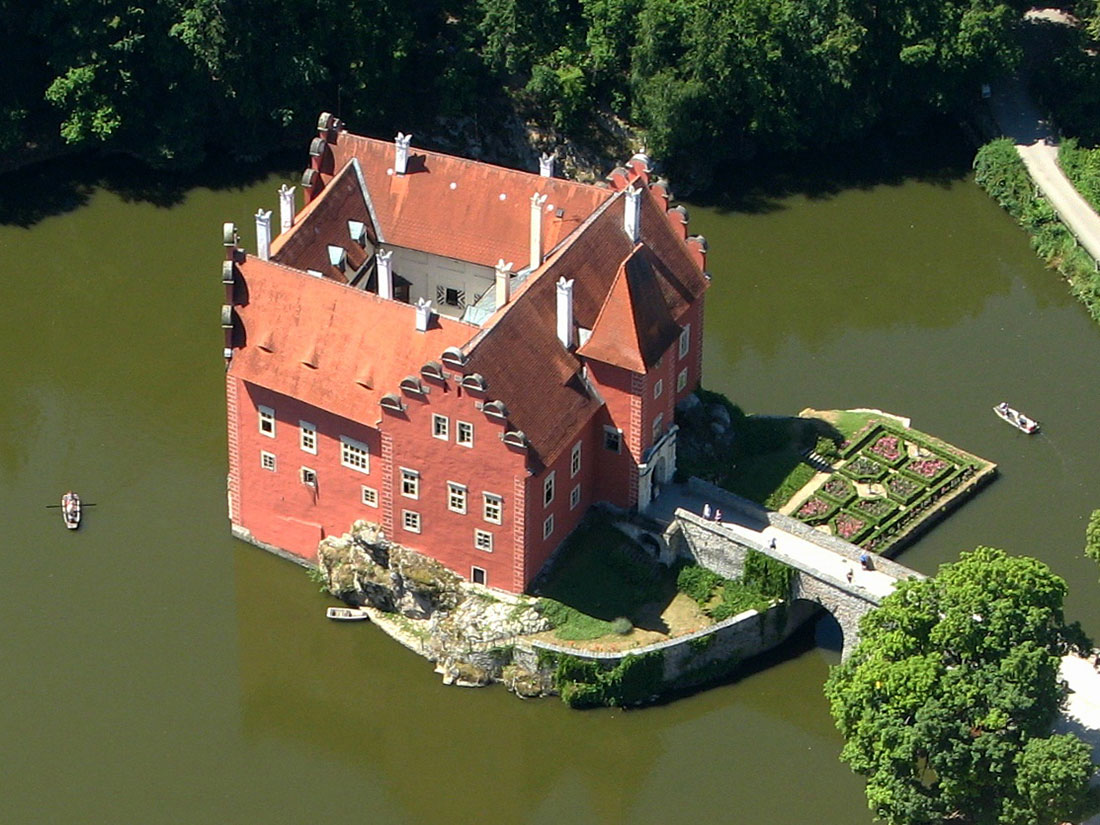
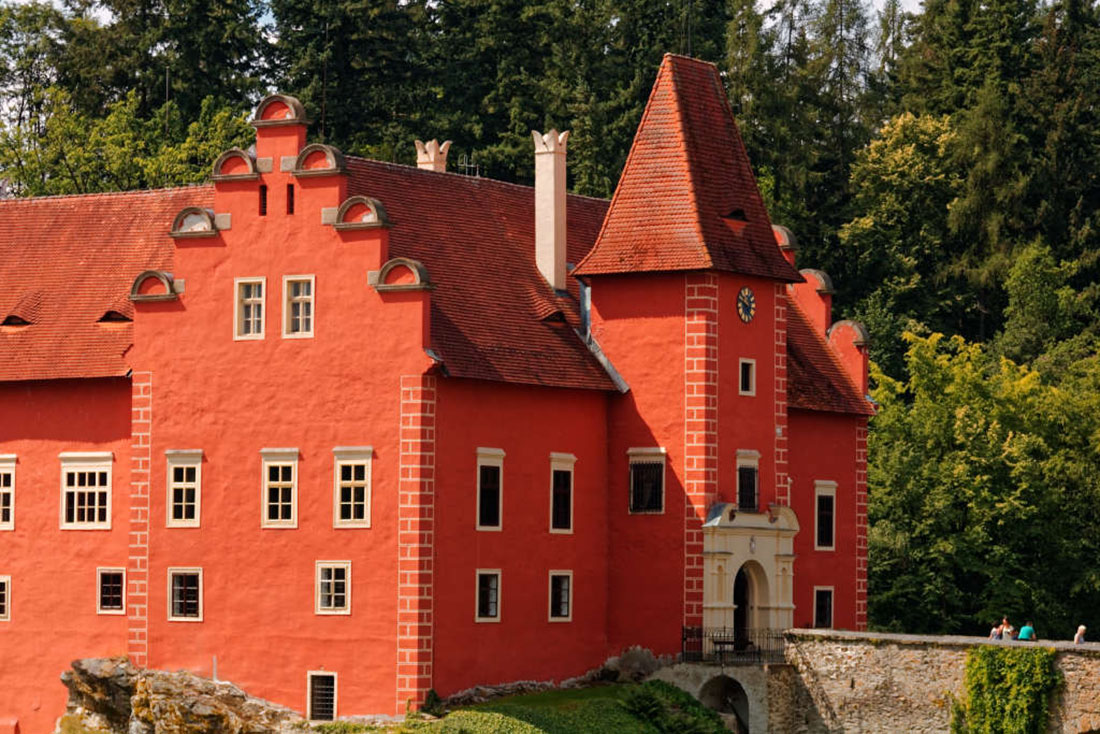
Surrounded by water, one of the most fabulous castles in the Czech Republic is located in South Bohemia
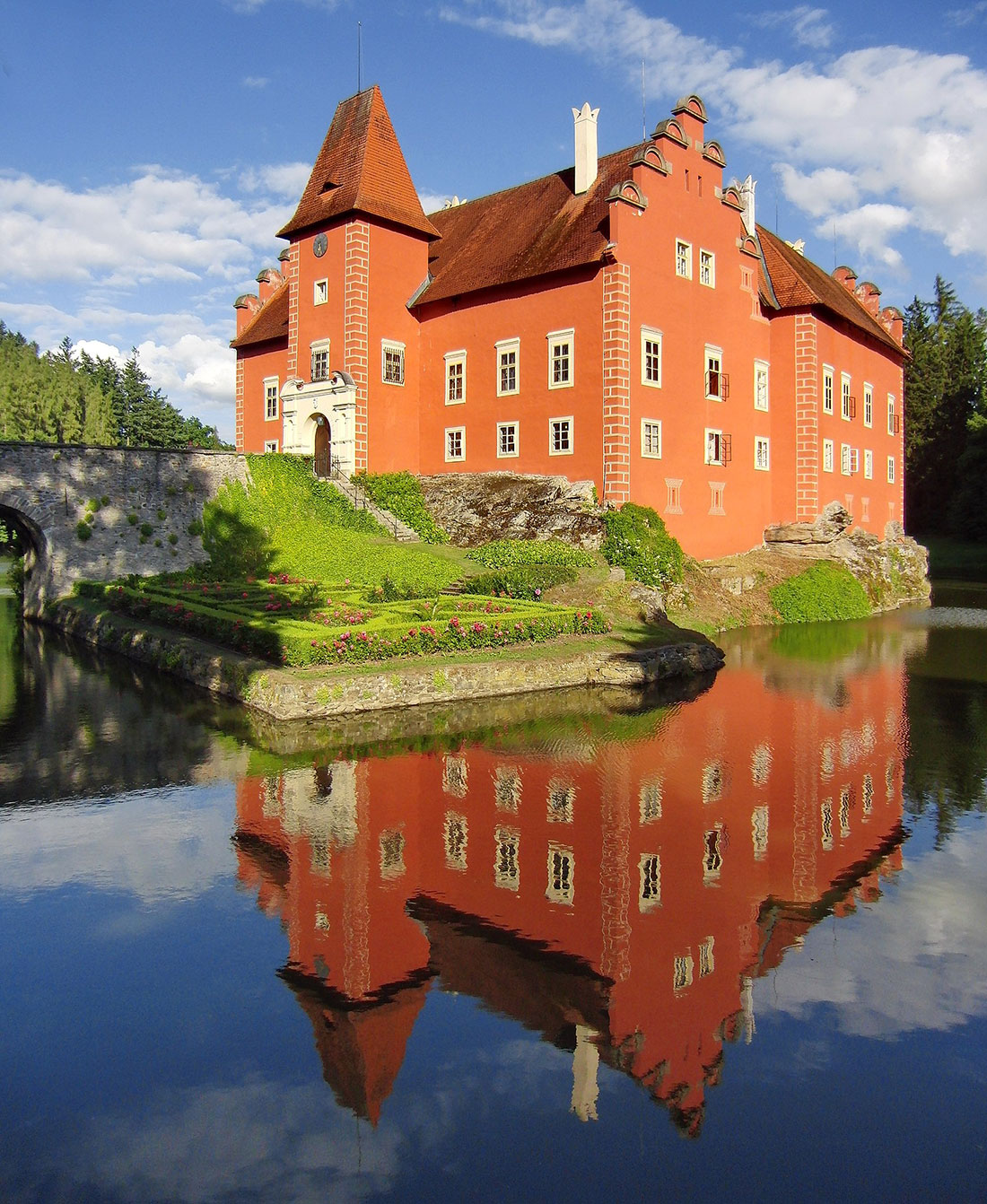
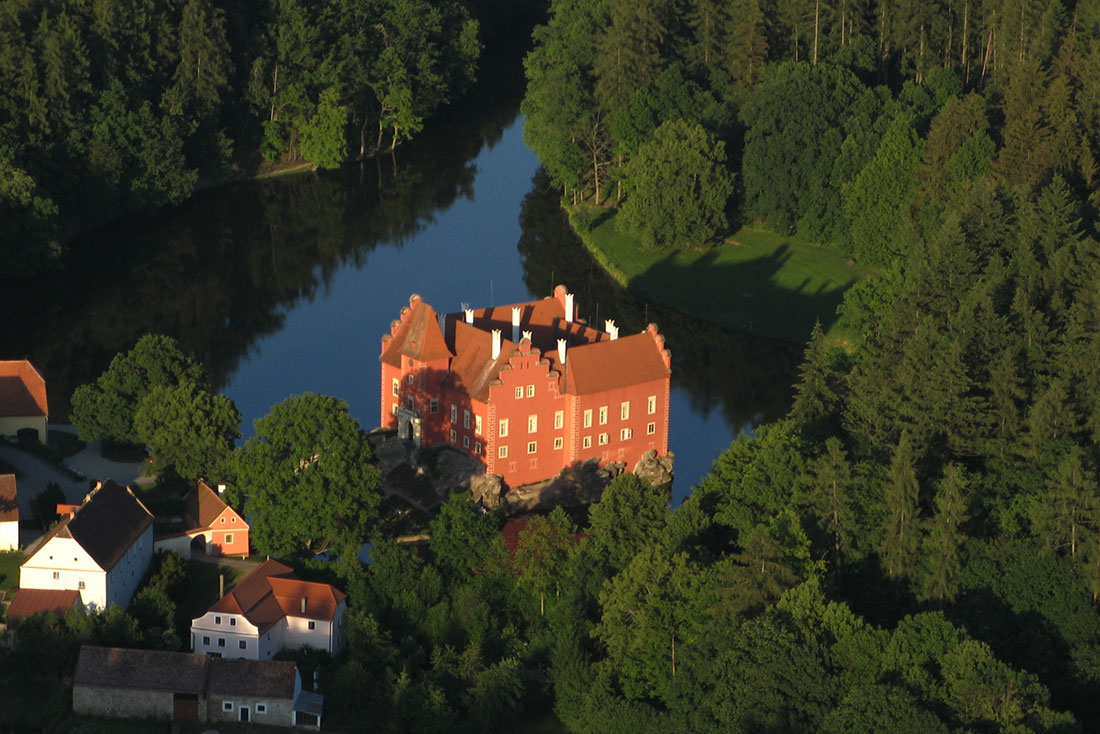
The first written mention of the local fortress dates back to 1465 and is associated with the name of Petr of Zásmuk, who inherited the property from his father. In the first half of the 16th century, the village of Lhota was bought by the family of Káb of Rybňan. During their reign, the fortress was rebuilt into a Renaissance castle. The project was developed by the Italian architect Hons Vlach, and in 1555 this place was first mentioned as Nová Lhota. As Červená Lhota, the castle was first mentioned in 1602, and owes its name to the bright red walls.
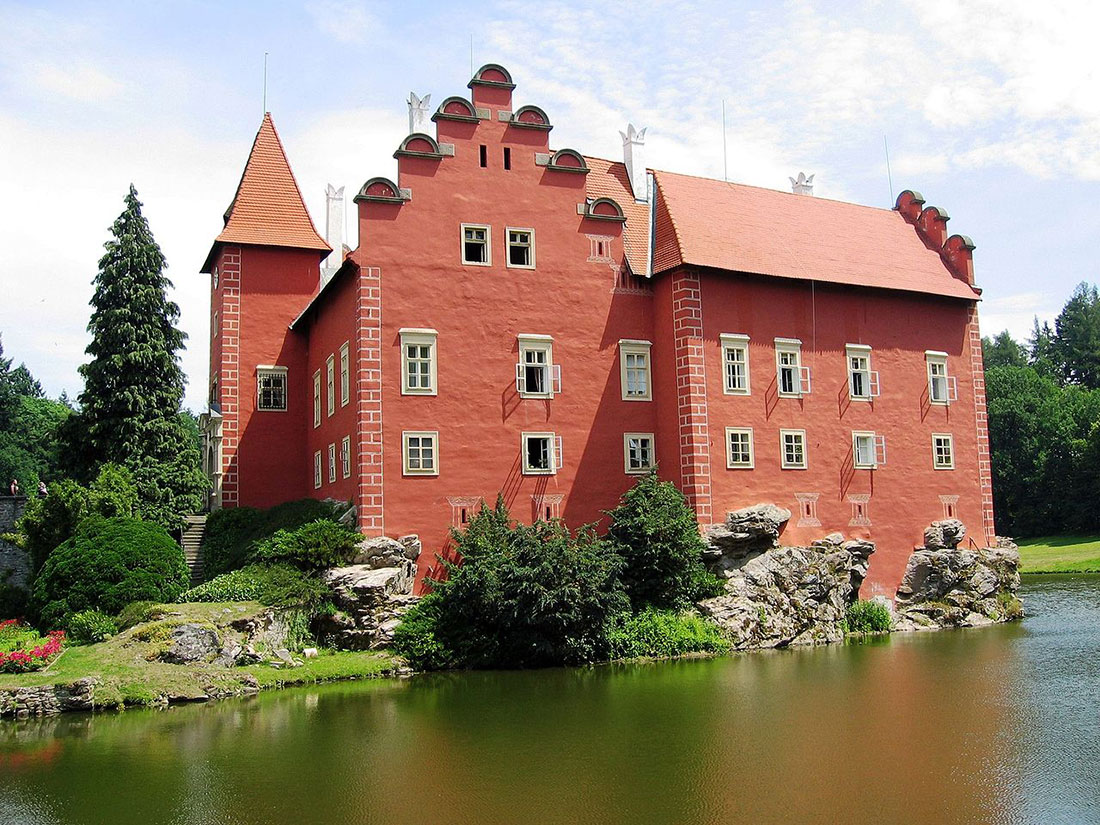
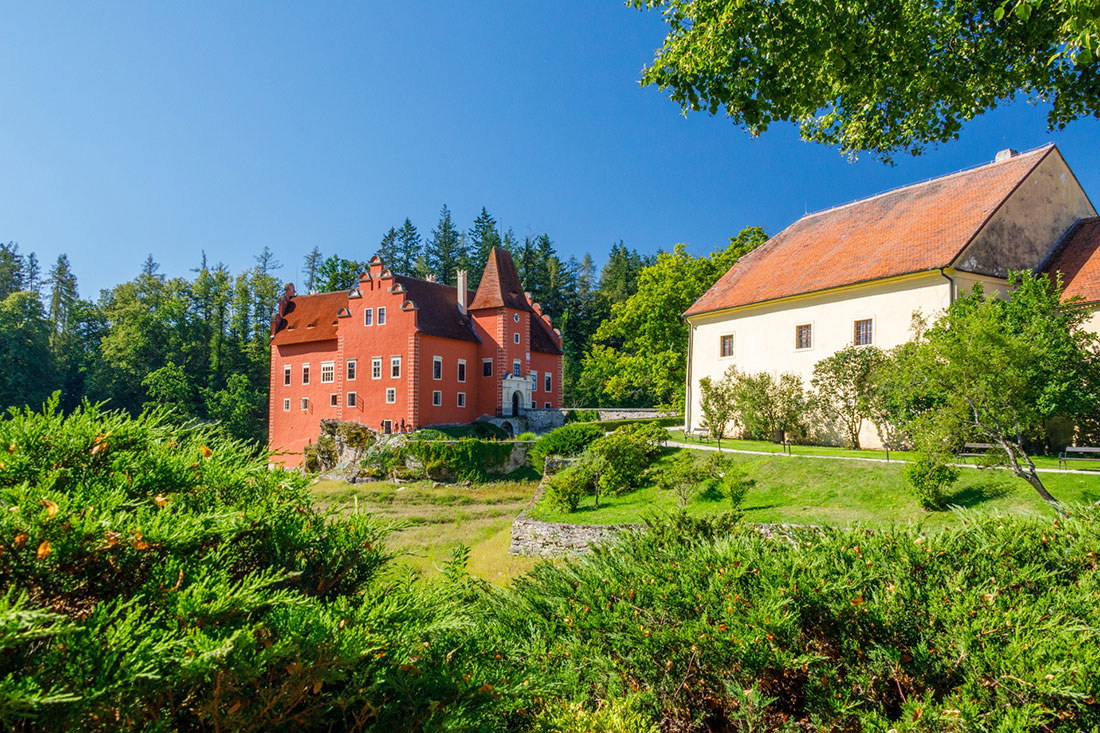
At the beginning of the 17th century, the castle got a new red brick roof, and the original name of Nová Lhota was changed to Červená Lhota. Later, the facade acquired the same color
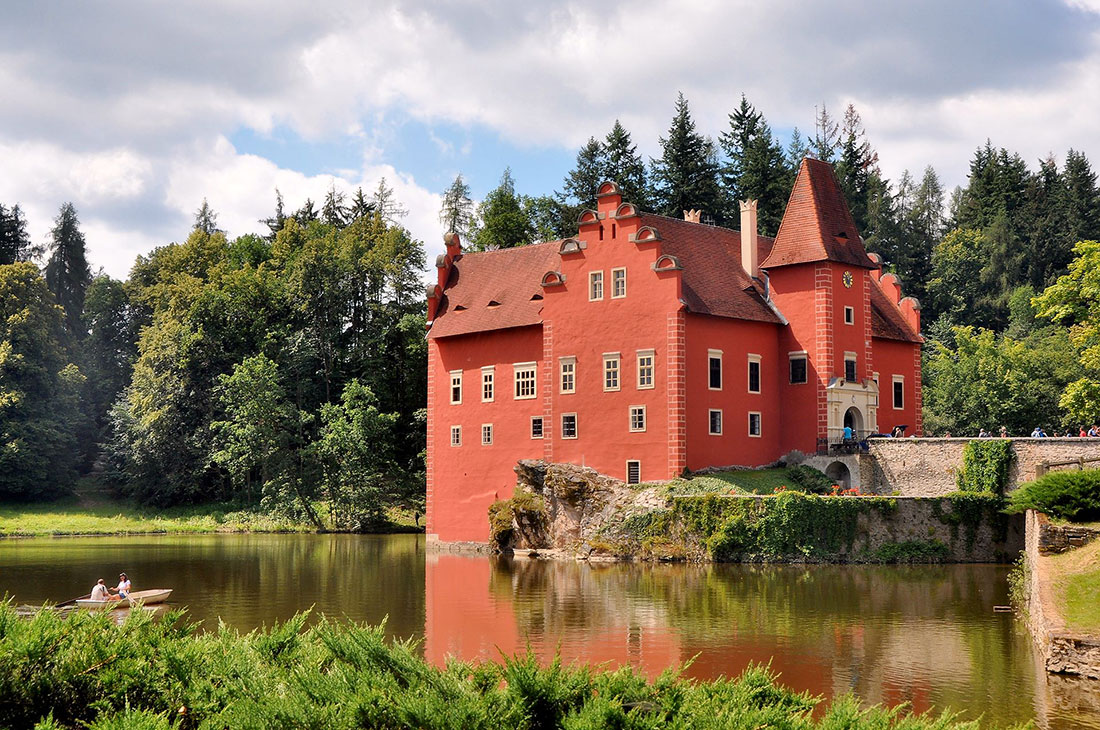
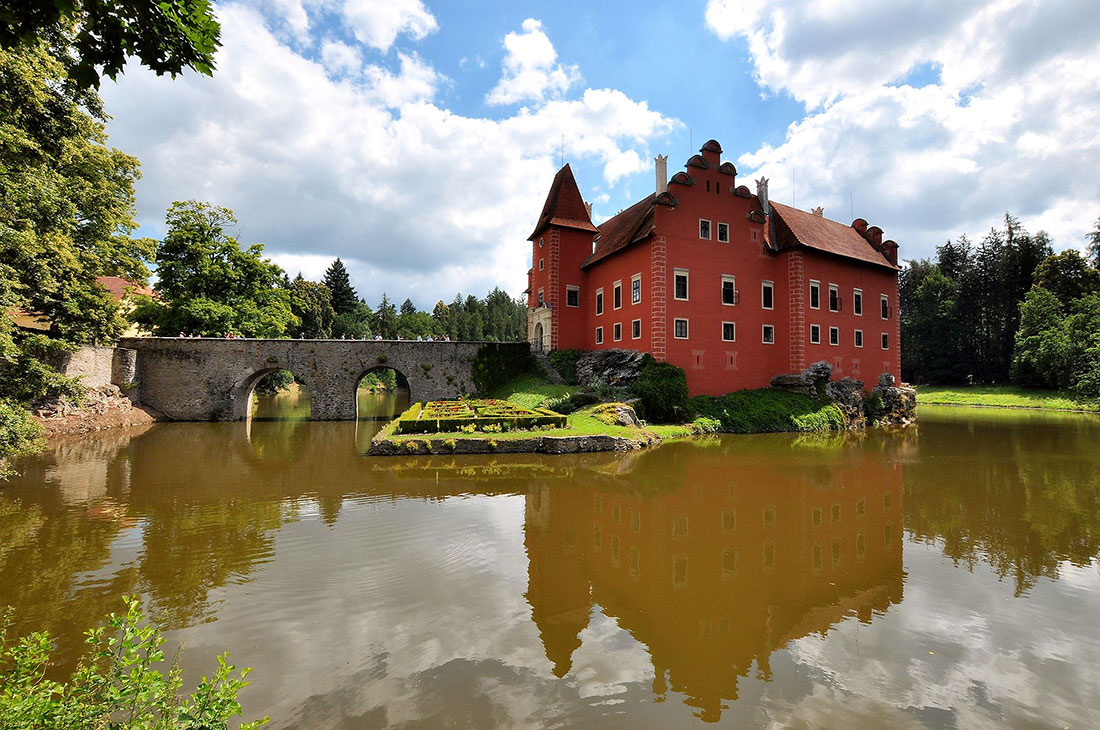
According to one of the legends, the red color of the castle was due to Johanka, the wife of Gutram Káb of Rybňan. After the death of her husband, Johanka decided to renounce her Catholicism and threw a large cross out of the window, as it reminded her of her former God. As a result, a storm broke out over the castle, the devil rushed into the widow’s room and took her to hell, before drawing a cross on the wall with her blood. The new owners of the castle were unable to repaint the cross, so they painted the entire castle red.
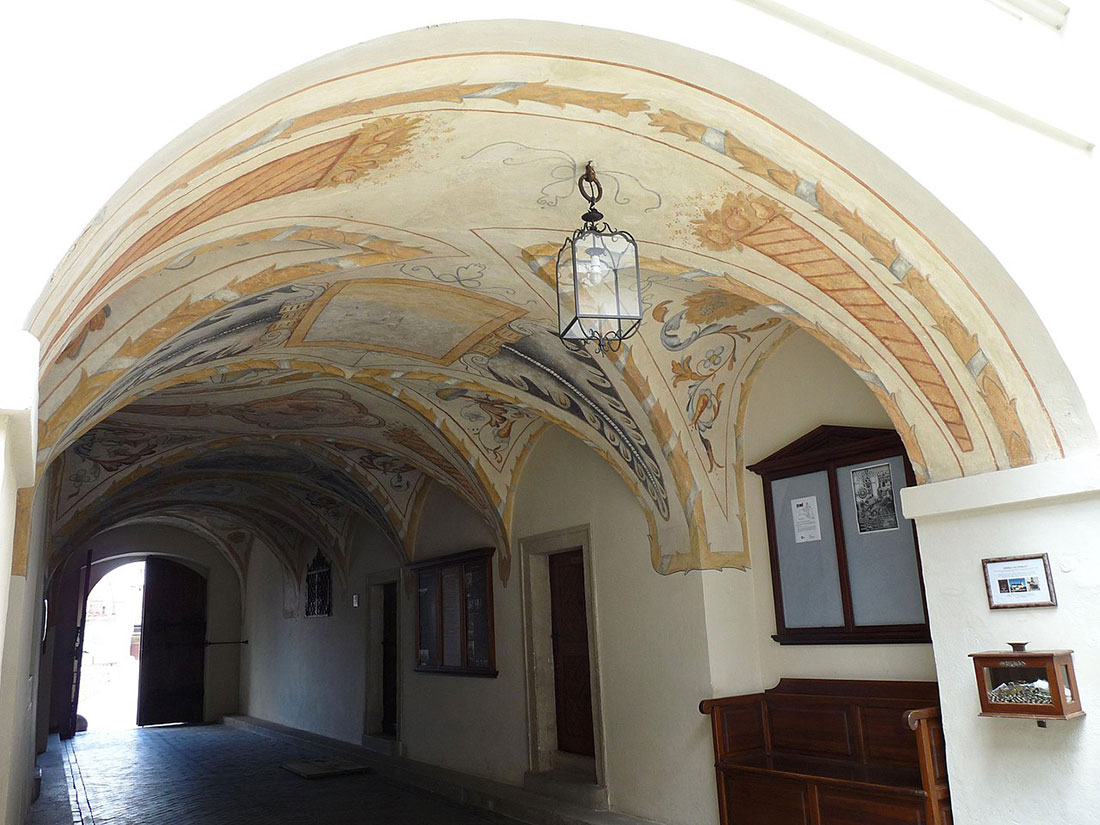
The last reconstruction of the complex was completed after 1910, when it belonged to the princes of Schönburg-Hartenstein. Since then, an authentically furnished apartment on the ground floor has been preserved to this day. Besides, in the castle you can see attics and cellars, partially covered with glass.
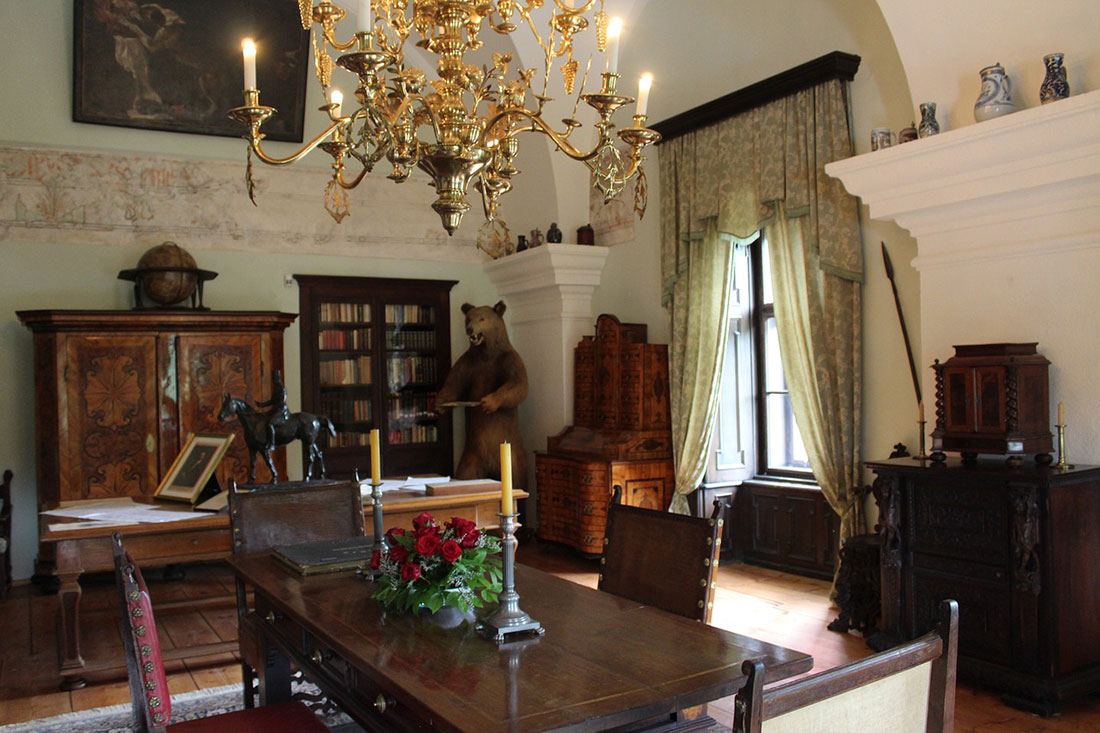
To the left of the castle, on a hill, is the Church of the Holy Trinity, where the last owners of the castle found their eternal rest. Sermons are still held here and wedding ceremonies are performed as well.
